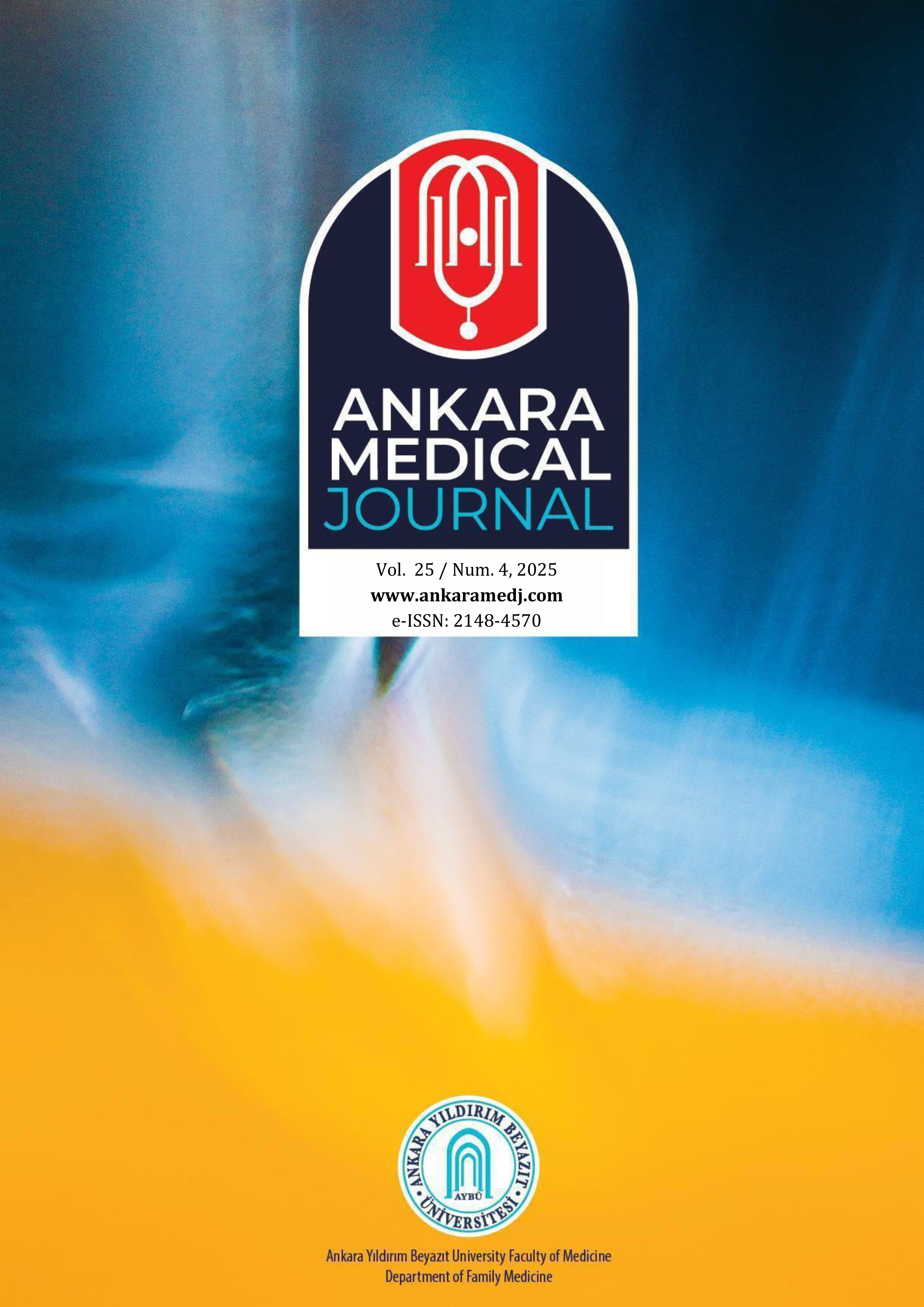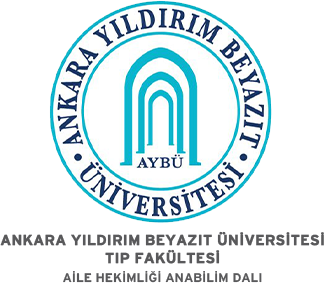Basit ve komplike apandisitli erişkinlerde idrar analizinin değerlendirilmesi
Handan Özen Olcay1, Emine Emektar1, Meral Tandoğan1, Tuba Şafak1, Hakan Bulus2, Yunsur Cevik11Ankara Keçiören Eğitim ve Araştırma Hastanesi, Acil Tıp Kliniği2Ankara Keçiören Eğitim ve Araştırma Hastanesi, Genel Cerrahi Kliniği
GİRİŞ ve AMAÇ: Akut apandisit sık görülen abdominal acillerden biridir. Bu çalışmada yetişkin acil servis popülasyonunda basit apandisit ve komplike apandisiti ayırmada rutin idrar tahlilinin kullanılabilirliğini değerlendirmeyi amaçladık.
YÖNTEM ve GEREÇLER: Çalışmaya 18 yaş üzeri patolojik tanısı akut apandisit olan ve acil serviste idrar analizi yapılmış hastalar dahil edildi. Eksik verisi olan hastalar çalışma dışı bırakıldı. Patoloji raporlarına göre, hastalar basit ve komplike apandisit olarak sınıflandırıldı.
BULGULAR: Basit apandisit grubu ile karşılaştırıldığında komplike apandisit grubunda, idrar keton cisimleri, protein ve nitrit sayımı anlamlı olarak daha yüksekti (tüm değerler için p <0,05). Çok değişkenli lojistik regresyon analizinde, keton cisimleri ve idrar nitrit pozitifliği komplike apandisit varlığını tahmin etmede istatistiksel olarak anlamlı bulundu (tüm değerler için p <0,001).
TARTIŞMA ve SONUÇ: İdrar analizi, akut batından şüphelenilen hastalarda yapılan rutin testlerden biridir. Bu nedenle, biz idrar tahlilinde idrarda keton ve nitrit pozitifliğinin komplike apandisit açısından uyarıcı olabileceğini düşünüyoruz.
Anahtar Kelimeler: Akut apandisit, idrar analizi, keton, nitrit
Evaluation of urine analysis in adults with simple and complicated appendicitis
Handan Özen Olcay1, Emine Emektar1, Meral Tandoğan1, Tuba Şafak1, Hakan Bulus2, Yunsur Cevik11Ankara Keçiören Training and Research Hospital, Emergency Medicine Clinic2Ankara Keçiören Training and Research Hospital, General Surgery Clinic
INTRODUCTION: Acute appendicitis is one of the common abdominal emergencies. We aimed in this study to evaluate whether routine urinalysis may use in discriminating between simple appendicitis and complicated appendicitis in the emergency department.Acute appendicitis is one of the common abdominal emergencies. We aimed in this study to evaluate whether routine urinalysis may use in discriminating between simple appendicitis and complicated appendicitis in the emergency department.Acute appendicitis is one of the common abdominal emergencies. We aimed in this study to evaluate whether routine urinalysis may use in discriminating between simple appendicitis and complicated appendicitis in the emergency department.
METHODS: Patients over 18 years of age with a pathological diagnosis of acute appendicitis and those who underwent urine analysis in the emergency department were included in the study. Patients with missing data were excluded. According to pathology reports, patients were classified as simple and complicated appendicitis.
RESULTS: Compared to simple appendicitis, the complicated appendicitis group had significantly higher urine ketone body, protein, and nitrite counts on admission (p<0.05 for all parameters). Urine ketone bodies and positive urine nitrite were found to predict statistically significant complicated appendicitis in multivariate logistic regression analysis (for all values p<0.001).
DISCUSSION AND CONCLUSION: Urine analysis is one of the routine tests performed in patients with suspected acute abdomen. Therefore, we think that especially urine ketone bodies and positive urine nitrite in urine analysis may be a warning for complicated appendicitis.
Keywords: Acute appendicitis, ketone, nitrite, urine analysis
Makale Dili: İngilizce
(6128 kere indirildi)





